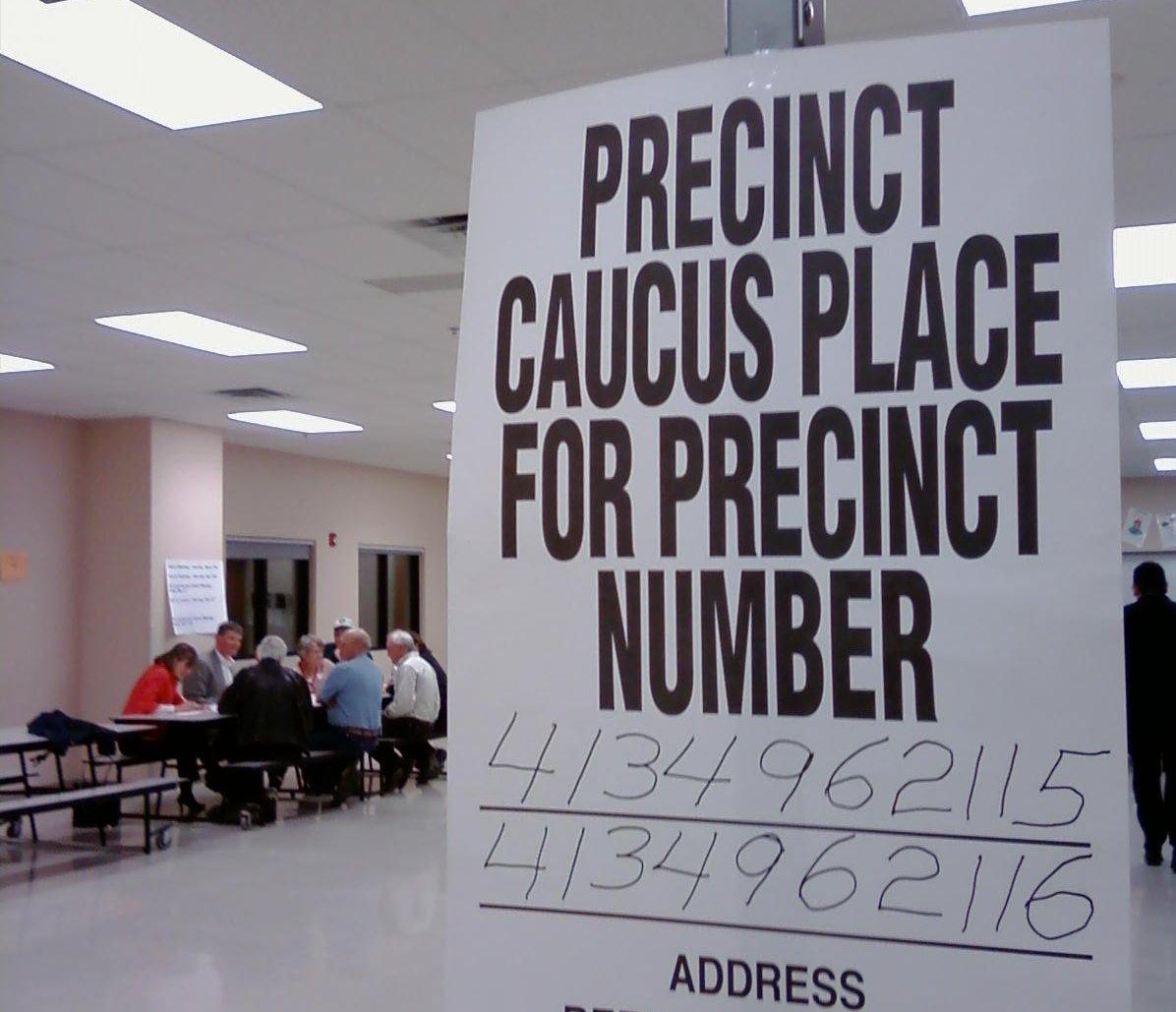
It's not a presidential election year, when the focus of caucus night turns to who should win a party's presidential nomination. But this year Colorado Republicans are hoping to unseat Democratic Governor John Hickenlooper, and Democratic U.S. Senator Mark Udall. There's a long list of GOP candidates hoping to run against those incumbents, and it's still changing with new additions in recent days.
Only registered Republicans or Democrats can attend their party's caucuses starting at 7 p.m. If you're Unaffiliated, you're out of luck until the Nov. 4 general election.
Here's a link if you're a Democrat and want to find your neighborhood caucus Tuesday night, and here's a link if you're a Republican seeking your precinct caucus location.
Colorado Republican Committee Executive Director Shana Kohn says it will be a busy election year for the GOP, and caucuses allow residents to participate at the grassroots level.
"The importance of becoming active at the precinct level is to really help us build that neighbor-to-neighbor connection. It’s helping to come up with what is your party platform in your community and your county," she says.
The caucuses work differently for each party.
Both parties elect delegates who will move up through the assembly process, from the local precinct level to the state assembly where delegates ultimately designate the party's choice for the June 24 primary ballot. Candidates need to get a certain percentage of the vote at state assemblies to automatically get on the primary ballot.
For the Republican Party, those delegates can chose to back a specific candidate but aren't required to do so. Straw polls taken at caucuses in some counties gauge local opinion about candidates, but don't officially count when it comes to how delegates vote at the state assembly.
For Democrats, delegates need to stick with the choice they made at their precinct caucus as they move through the assembly process.
There are no statewide contested races for Democrats this year, but Colorado Democratic Party Executive Director Jennifer Koch says despite that, caucus attendees want to be involved in the election.
"They are the heart of our party," she says. "This is where we get people excited about voter registration, this is where we’ll get people excited about chasing mail ballots and that sort of thing."
The caucus/assembly process isn't the only way to get onto a primary ballot. Candidates can also petition onto the ballot by getting enough signatures from the public. At least a couple of GOP candidates have said they plan to do that.









